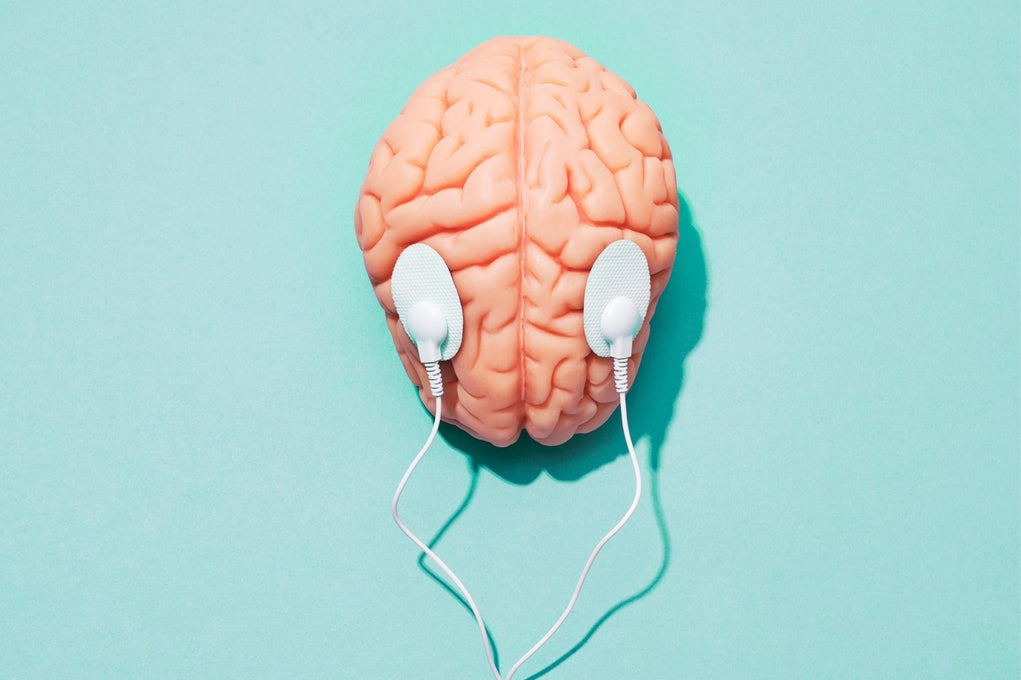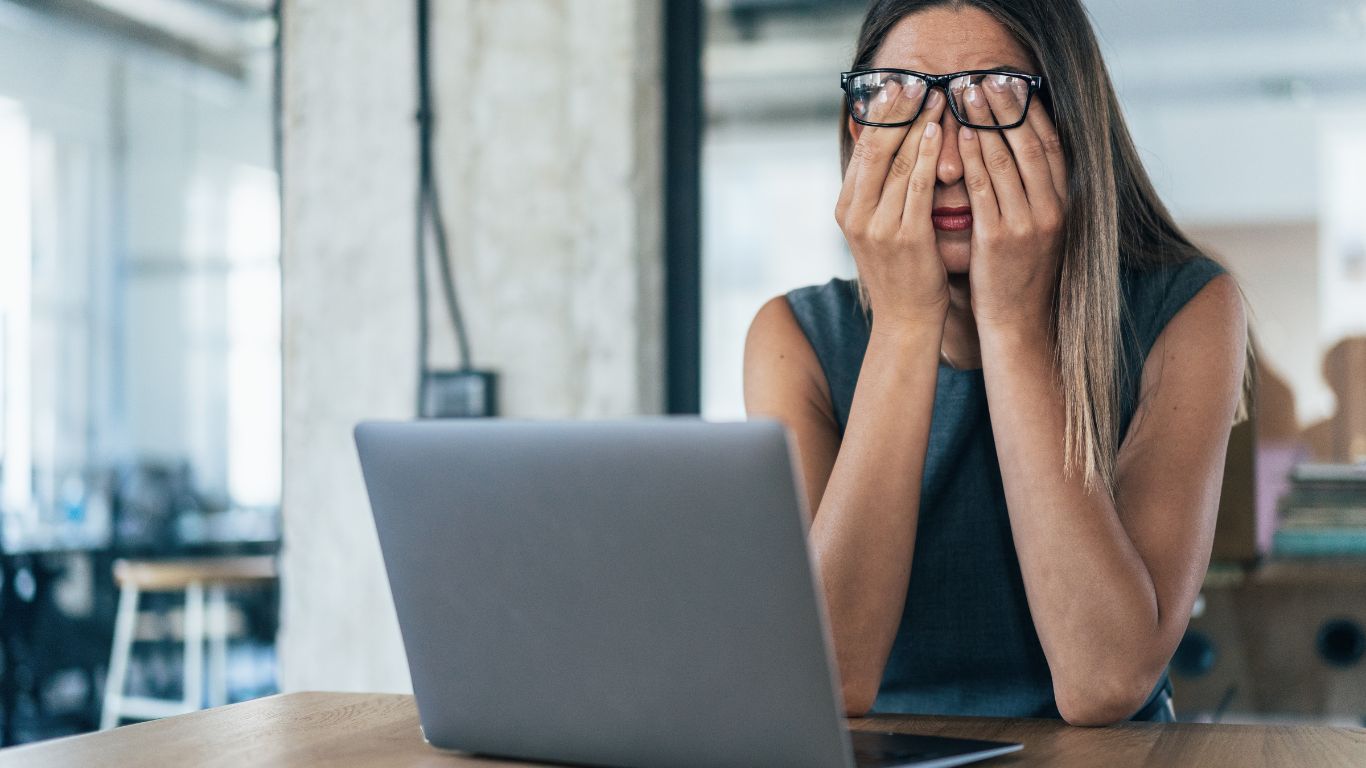Brain health and social media
27th August 2020 / Health
Brain health and social media
Emily Shannon

During the past decade, online social networking has caused profound changes in the way people communicate and interact. More and more of us are spending time on our phones, computers and tablets; whether that is for work or communicating with our friends. But how is such a switch in how we live and communicate having on both our brain and our mental health?
Evidence is growing in this area, with researchers beginning to determine just how our daily use of technology affects our brains, particularly in adolescents. Research suggests an association between greater social media use and higher depressive and anxiety scores, poor sleep quality, low self-esteem and body image concerns. Several studies have indicated that the prolonged use of social networking sites may be related to signs and symptoms of depression and low self-esteem. A recent study found a link between use of multiple social media platforms and increased depression and anxiety symptoms in young people. The latest data shows that during the strict lockdown period here in the UK, adults spend almost double the time on their phones as they did pre-lockdown!
When it comes to shaping our brains our environment plays a big role, and as technology continues to grow, it affects us in ways that you may not have thought. Using technology affects our memory, our attention, what we focus on and our sleep cycles, which in time can have long term impacts on both the brain and our mental health.
Mental health and social media
Humans are social, and social media is easily accessible for everyone 24/7.. We need the companionship of others to thrive in life, and the strength of our connections has a huge impact on our mental health and happiness. Being socially connected to others can ease stress, anxiety, and depression, boost self-worth, and can prevent loneliness. But, on the flip side, lacking strong social connections and spending too much time on social media platforms may not be so good for long-term mental and emotional health.
As use of social media continues to rise, it is estimated that by 2021, over 3 billion people will be using it
Screen time and the brain
Take social media out of the equation, and we’ll still find screens wherever we look. Whether it be checking your travel app to find the time of the next train, watching your favourite TV program before bed or setting your alarm on your phone for the next morning. It’s hard to escape screen-time in the modern world that we live in, but how is all this screen time actually affecting our brains?
Blue light
Increasing the amount of screen times results in an increased exposure to blue light. Blue light is found in many energy efficient light sources and digital devices. It has a short wavelength that stimulates sensors in the eyes to send signals to your brain’s internal clock, tricking it into thinking it's daytime. Light is the most powerful cue for shifting the phase or resetting the time of the circadian clock. In an evening, the blue light that emits from devices (including TVs) suppresses the natural production of melatonin – the hormone you need to feel sleepy – and plays havoc with your body’s circadian rhythm making, it harder to fall asleep and stay asleep.
The blue light coming from any screen has been shown to impact certain areas, most notably disrupting sleeping patterns. Blue light has been shown to penetrate all the way to the retina (the inner lining of the back of the eye) and studies have shown that too much exposure to blue light can damage light-sensitive cells in the retina.
Top tips for reducing your screen time
With this in mind, how can we stop spending so much time on our screens and safeguard our brain health for the years to come? Well, look no further! We’ve got some tried and tested tips to help give your brain a break and help to boost your mood!
Put a time limit on your phone
Commit to putting your phone away for the evening when you’ve finished work. This will give you more quality time with your loved ones or give you the chance to take up a new hobby. Plus, it’ll help you to get better quality sleep because you’ll reduce you’ll exposure to the blue light!
Get outdoors
Fresh air is great for us! Not only does it usually involve exercise, but it’ll distract you from your phone! Why not set yourself a challenge to get outside and get some fresh air away from your desk or the TV for at least once a day!
See your friends face-to-face
Social media is brilliant for communicating with each other, but don’t let it stop you from getting together with your friends face-to-face. Not only will it be great to see them, you guessed it, it’ll distract you from spending time on your social media.
Leave your work alone in the evenings
With more and more of us working from home, it can be tempting to finish work projects off in the evening. Try to commit to work-free evenings with family. Not only will it reduce the time you spend on your screen, but it’ll boost your productivity too!
Want to learn more about boosting your cognition and supporting your brain health? Check out our latest ebook! It’s jam-packed full of interesting info, brain-boosting recipes and top tips from Nutrition Therapist Jessica. When you download you’ll also get a 20% discount code valid on all our brain-boosting nutrients! Head here to download yours now!
From The Blog
-

25th February 2025 / Health
Empowering Women’s Health: Key Supplements for Well-being
Women’s health is a lifelong journey, with each stage presenting unique nutritional and wellness needs. From maintaining energy levels to supporting hormonal balance and bone health, the right comb...
Read article -

17th February 2025 / Health
Empowering Women’s Health: Lifestyle Tips and a Key Supplement for Perimenopause and Menopause
NaomiWomen’s health evolves through various life stages, and the transition into perimenopause and menopause brings unique challenges. During these phases, hormonal fluctuations can lead to symptom...
Read article -

10th February 2025 / Health / Products
The Best Foods and Drinks to Help Your Body Recover from Burnout
Burnout is a growing issue in today’s fast-paced work culture, leaving many people feeling exhausted, overwhelmed, and depleted. While rest and self-care are essential, nutrition plays a crucial ro...
Read article



